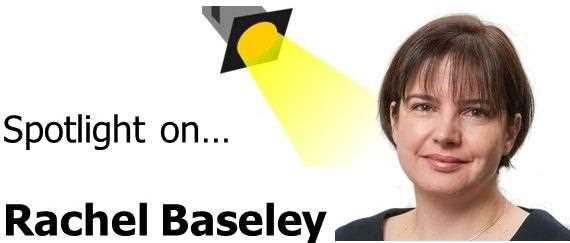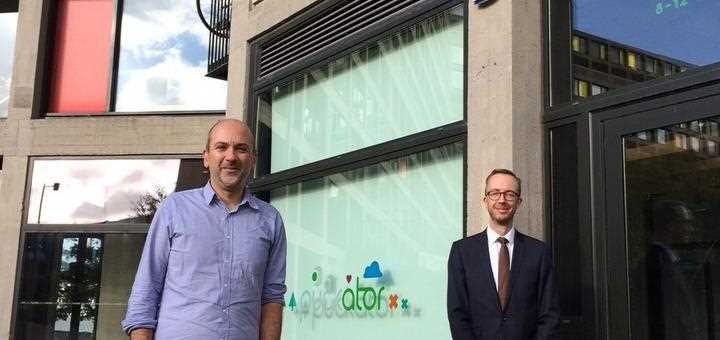The death of a relative or friend is an emotional and stressful time for anyone. Here is a brief guide to the five most important things to consider:
1. The death must be registered at local register of births, deaths and marriages
-
Normally a death should be registered within five days.
-
The registration will need to be done at the registry of births, deaths and marriages and it is usually best to use the register office in the area in which the person died.
-
It is a good idea to ring the register office because you will need to make an appointment. The staff will also give you information about the documents that you will need to take to the register office.
-
The telephone number for the Sheffield register office is: 0114 203 9423
-
The death certificate will be issued to you and you will be asked how many you require. It is often a good idea to obtain several death certificates because they will be necessary when informing banks and pension companies about the death.
2. Arranging the funeral
-
Usually, the deceased's family do this. They often know what the deceased would have wanted. However, if there is no-one around to organise the funeral, it is the responsibility of the executors or administrators of the estate.
-
It is a good idea to find out whether the deceased left any funeral wishes. These are sometimes left alongside the Will, or are sometimes written into the Will.
3. Is there a Will?
-
It is important to find out whether the deceased left a Will.
-
It is possible that the original Will is kept at the deceased's home, or a copy might be kept there.
-
If the deceased prepared the Will through solicitors, the solicitors might hold the Will in their archives. It would be a good idea to ring the deceased's solicitor to find out. If you have trouble finding the solicitor, ring the local Law Society to find out. The telephone number for the Sheffield Law Society is: 0114 272 3655.
-
There is a national register of Wills called "Certainty". Wake Smith & Tofields is a member of Certainty and offers clients the opportunity to register their Wills. It is possible to search the Certainty register of Wills to find out where the Will is held. The Certainty website is: www.certainty.co.uk. Wake Smith & Tofields can assist you in searching the Certainty database.
4. Dealing with the deceased's affairs
-
This is usually the responsibility of the executors or administrators of the estate.
-
It would be a good idea to inform the Pension Service and the deceased's pension companies about the death to stop payments being made.
-
Also, it would be a good idea to inform the deceased's bank to stop direct debits and standing orders going out.
-
If the property is unoccupied, it is a good idea to make sure that the deceased's property is safe and secure.
-
If necessary, you should consider draining down the water, or ensuring that the heating is kept on to stop pipes freezing.
-
Make sure that the property is insured because sometimes the terms of the policy can change if the property is unoccupied.
5. Administration of the estate
-
It is the executor's responsibility to administer the estate if the deceased left a Will. If there is no Will, it is usually the deceased's closest relative that will be appointed as 'administrator'.
-
This is an onerous task and the executors or administrators have important legal duties and responsibilities. For instance, they have the legal responsibility for paying inheritance tax, income tax, settling liabilities and distributing the estate. Executors and administrators can be held personally liable if estates are not administered properly.
-
Executors and administrators should consider whether it is necessary to instruct solicitors to deal with the estate. Wake Smith advise executors and administrators on a daily basis on all aspects of estate administration, from Grants of Probate to negotiations with HMRC regarding inheritance tax. Executors and administrators often ask Wake Smith & Tofields to deal with the estate to relieve them of the burden, and assist them with their legal responsibilities.
If you would like advice on dealing with an estate, please contact any member of our Private Client Department, on 0114 266 6660.



